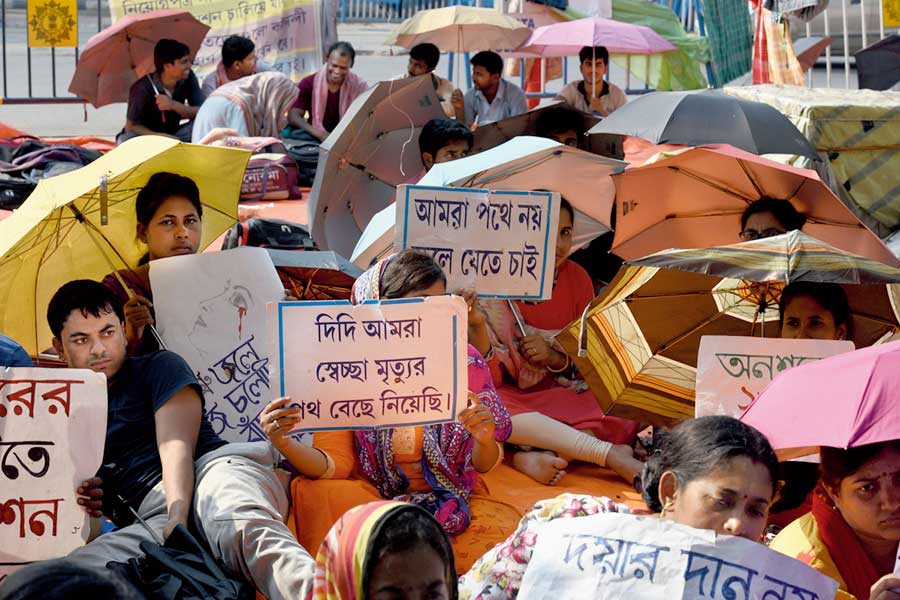Disrespect towards women is too deep-rooted in Indian society to be erased even after years of effort. Institutions are not free of this attitude; it is manifested in marital homes as well as among law-enforcers on occasion. Last week, the Calcutta High Court reportedly took the officers-in-charge of two police stations to task for ignoring a person’s right to privacy and dignity; their transgression was criticised because the individual concerned was the survivor of a sexual assault. Preserving, protecting and upholding a survivor’s dignity and privacy comprise the ‘cornerstone’ of civilised society. Yet the police tried to contact the survivor over WhatsApp after midnight and visited her home at two in the morning. There was no ‘compelling’ need related to life and safety, the only condition that the high court considered permissible for late-night communication. The date of the survivor’s deposition had been sent to one police station, which had contacted the police station of the complainant’s locality. The high court questioned why the first station did not get in touch with her directly. Police from the second station then called her and appeared on her doorstep in the deep of the night, although there had been enough time to deliver the message during the intervening days for the police of both stations.
Civility and respect are the least that can be expected of the police; a breach of civilised practice towards women on their part is a glimpse into society’s failures. The high court expressed the hope that the police’s action had not been prompted by the complainant’s earlier objections to their behaviour. The midnight visit would have hurt her dignity and privacy in her social surroundings, as the court pointed out. Vengefulness, bullying or insulting actions by the police towards women indicate grave flaws in training and sensitisation. It has to be asked if the necessary training can be absorbed in an environment which encourages misogyny, gender discrimination — not even religions are free of that — and the exercise of patriarchal power. Effective training to uproot inherited attitudes would require unceasing institutional vigilance by all democratic institutions against the injustice and violence suffered by women. That alone would institute change, not the untimely release of convicts of gang rape or the freedom of the accused and their associates to threaten survivors.










